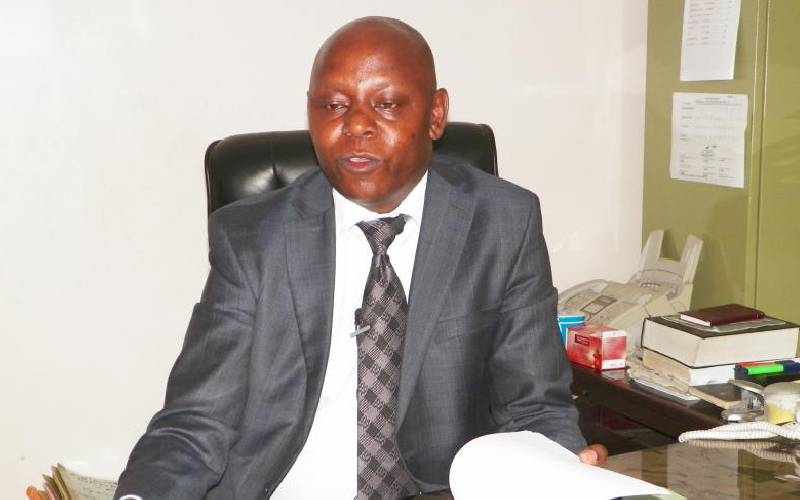×
The Standard e-Paper
Kenya’s Boldest Voice

Lawyer Paul Gicheru quietly left the country for The Hague, Netherlands, leaving no clue even to his lawyer, John Khaminwa, that he was to surrender to the International Criminal Court (ICC).
The man who the senior lawyer claims to be of ill health did not either meet him or call to explain that he was leaving Kenya and why he took the decision.